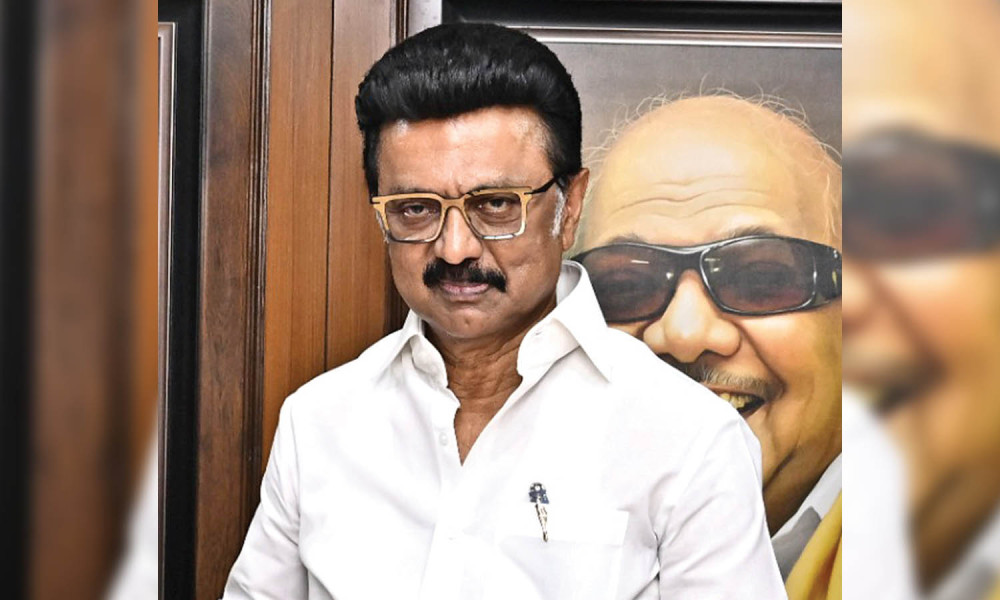Chief Minister MK Stalin has voiced a crucial perspective on proposed GST reforms. He emphasizes that while reforms are a welcome step, they must be implemented without jeopardizing the revenues of individual states. This is a critical point, as state revenues are the lifeblood for funding essential welfare programs and crucial infrastructure development across the nation.
Stalin highlighted a recent meeting where finance ministers from several opposition-ruled states convened to discuss the Union Government’s proposed GST rate rationalization. This gathering underscored a collective concern among these states regarding the potential impact of such reforms on their financial stability.
The Chief Minister’s message is clear: the intent of reform is appreciated, but the execution must be mindful of its consequences. He insists that any reduction in GST rates must not lead to an erosion of state revenues. Imagine the ripple effect if states suddenly find themselves with less money to allocate. Welfare initiatives, ranging from public health services to educational support, could face severe cutbacks. Similarly, vital infrastructure projects, such as road construction, bridge building, and public transport upgrades, could be stalled or slowed down significantly.
Stalin’s ‘X’ post (formerly Twitter) reiterated his stance, stating unequivocally that without protecting state **revenue**, GST reforms cannot truly serve the people. This isn’t just about governmental budgets; it’s about the daily lives of millions of citizens who depend on these state-funded services and facilities.
The meeting of finance ministers resulted in a consensus draft. This draft, which reflects the collective concerns and proposals of the eight opposition-ruled states, is now set to be presented before the GST Council. The aim is to garner support from all states and to impress upon the Union government the paramount importance of safeguarding **revenue** interests. The push is for fair outcomes that benefit both the national economic framework and the fiscal health of individual states.
Ensuring that the benefits of lower GST rates directly reach the common people is another core demand from these state finance ministers. The goal of reform should always be tangible improvements in citizens’ lives, not just bureaucratic adjustments. This means that any savings or economic advantages created by the reforms should translate into real-world benefits for consumers and taxpayers. This focus on the common people ensures that **revenue** considerations are not just about government coffers but about public well-being.
The ongoing dialogue around GST reforms is a delicate balancing act. On one hand, there’s the desire to streamline the tax system and boost economic efficiency. On the other hand, there’s the undeniable need to ensure that states have sufficient resources to fulfill their constitutional obligations and address the unique needs of their populations. Striking this balance is crucial for the effective functioning of India’s federal structure.
One might consider the various ways state **revenue** is utilized. Think about the local schools, hospitals, public parks, and even the emergency services that rely heavily on state funding. A reduction in this funding could have immediate and direct impacts on the quality and availability of these essential services. This makes Stalin’s argument not just a political statement, but a call for responsible governance that prioritizes the welfare of citizens at every level.
The outcome of the GST Council meeting and the Union government’s response to these concerns will be closely watched. The ability to implement reforms that are both progressive and protective of state **revenue** will be a testament to the collaborative spirit and foresight of India’s economic policymakers. The emphasis remains firmly on ensuring that any changes to the GST framework ultimately serve the people by bolstering, not diminishing, the financial capacity of states to deliver on their promises.

